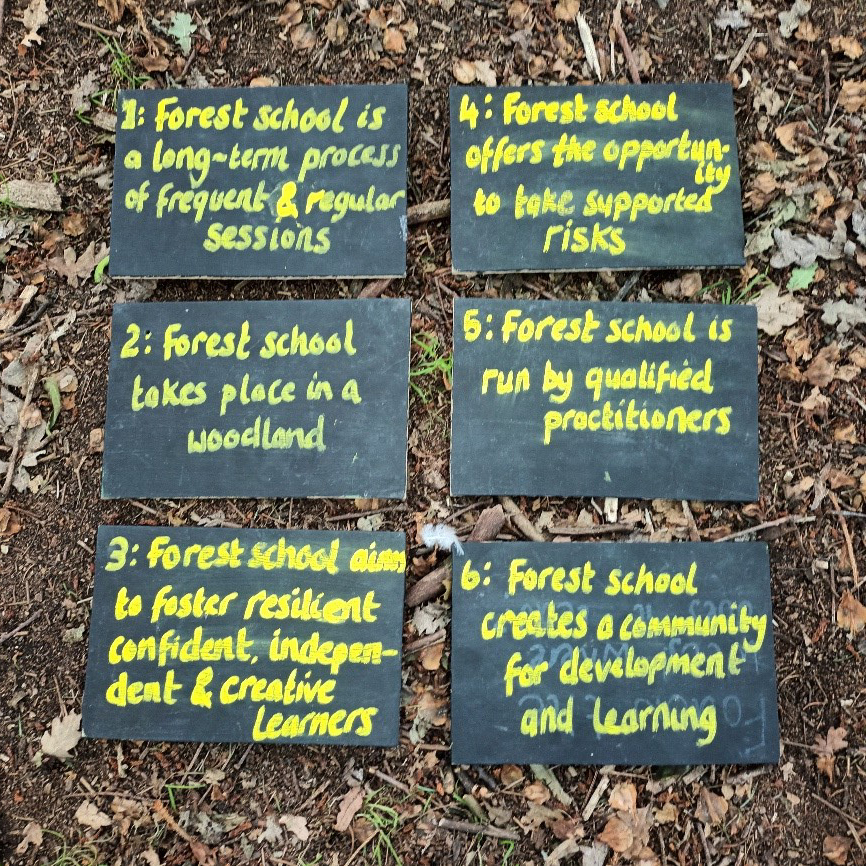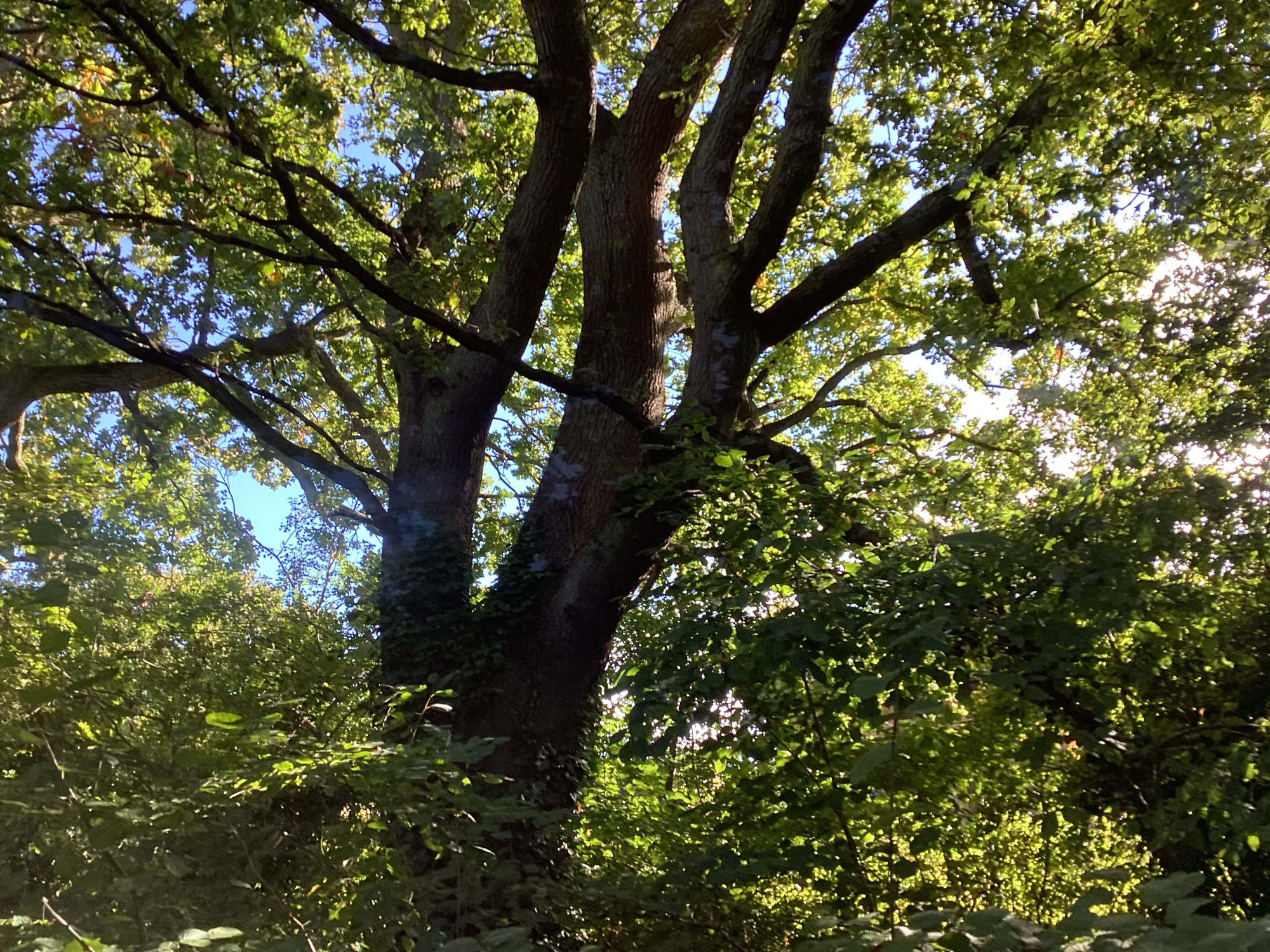Forest School Friday
What Happens at Forest School?
Forest School sessions are defined by the group, the woodland and the weather.
The boundary of the woodland is agreed by the children and the adults and reinforced through playing games. The Fire Circle is the heart of the Forest School and each session begins with everyone gathering around it to reflect on the previous session (what children did and what they particularly enjoyed), any changes that can be seen in the woodland, and what is planned – or what children would like to do – in this session.
The Fire Circle is a focal and socialising point where everyone can see and be seen. A fire may be lit, but this will be dependent on the group, the weather and the activities planned.
In every session there will be a choice of activities for children to take part in, but they can also follow their own interests and explore and play within the woodland boundaries on their own or with other children. A list of activities that children may be offered are listed in our Forest School Handbook – these vary depending on the age of the children and on risk-benefit assessment by the Forest School leaders. There are always plenty of games for children to take part in.
At the end of every session, children and adults work together to tidy away any tools and materials they have used and to return the woodland to how they found it. Everyone then gathers around the Fire Circle and discusses what they’ve enjoyed doing and what they might like to do in their next visit to the woods.
Adults evaluate every session and plan the next visit to the woods based on the children’s responses and the adults’ observations. Risk assessments are adapted based on the needs of the group.
The Benefits of Forest School
Research has shown that children benefit from regular Forest School sessions in many ways. We believe that Forest School supports our children in achieving our curriculum aims, long term outcomes, and focuses for learning, by:
Successful Learners
- Building positive, respectful and compassionate relationships with each other and adults.
- Developing team-working skills by working with others towards a shared goal.
- Improving critical thinking and problem-solving skills through teamwork and by exploring children’s own interests.
- Gaining a sense of achievement through using tools safely, developing practical skills, and play.
- Improving academic attainment by developing language, communication and social skills, motivation and concentration.
Confident Individuals
- Improving strength, fitness, spatial awareness (proprioception), balance (vestibular), dexterity and interoception (sensing internal signals from your body).
- Improving mental wellbeing.
- Developing self-awareness, self-belief and resilience through managed risk-taking, persistence and reflection.
Responsible Citizens
- Building a connection with nature.
- Understanding the importance of protecting the natural world.
- Cultivating the behaviours that are necessary for us all to work together effectively as a community.
How Does Forest School Support Our School Vision?
Forest School is an experiential educational approach which is one branch of the outdoor education family tree. We believe that Forest School supports our curriculum aim, contributes to children’s understanding of our six big ideas that shape our world and our culture, and develops and strengthens our seven learning behaviours through its six core principles:
- Forest School is a long-term process of frequent and regular sessions in a woodland or natural environment, rather than a one-off visit. Planning, adaptation, observations and reviewing are integral elements of Forest School. This helps our children to learn new skills and overcome challenges, develop self-regulation, have time to work through real-world problems, and apply learned experiences, skills and solutions to new situations and environments. Planning documents can be found in the side menu.
- Forest School takes place in a woodland or natural environment to support the development of a lifelong relationship between the learner and the natural world. Our Forest School takes place in our pocket woodland on our school site. Children often find this space calming and enjoy how it changes subtly with every visit, with the weather, and with the seasons. Our children create a connection with the natural environment and learn about local flora and fauna. They monitor their ecological impact and manage the school’s outdoor environment sustainably. Our Environmental Policies can be found in the side menu.
- Forest School aims to promote the holistic development of all involved, fostering resilient, confident, independent and creative learners. Our children’s physical, social, cognitive, linguistic, emotional and spiritual needs are nurtured and their Forest School experiences are linked to home and school.
- Forest School offers learners the opportunity to take supported risks appropriate to the environment and to themselves. We believe that risk is key to children’s development. We recognise that risk may be physical, social and emotional and that overcoming challenges helps to build resilience and confidence. We are careful to balance the risk and benefit for each child and each activity. Relevant Health and Safety Codes of Practice, Risk Assessments and Risk-Benefit Assessments can be found in the side menu.
- Forest School is run by qualified Forest School practitioners who continuously maintain and develop their professional practice. Our Forest School Leaders are trained to lead potentially risky activities (for example: fire and campfire cooking; den building; use of tools; use of ropes) and to be reflective of their own practices and responsive to the needs of our children.
- Forest School uses a range of learner-centred processes to create a community for being, development and learning. Forest School is a child-centred process which is responsive to the needs and interests of our children. It is about inspiring the acceptance of knowledge, at the right moment, so it is in context for our children and builds self-belief, self-guided learning and self-regulation. Play and choice are essential – play is recognised as vital to children’s learning and development. Reflection is a feature of each session to ensure that children and adults can understand their achievements, develop emotional intelligence and plan for the future.

Forest School Leader: Miss Kathryn Day
Level 3 Certificate for Forest School Leaders
Level 3 Award in Forest School First Aid
(See side menu for link to qualification certificates)

Page reviewed on 12/10/24 by KJD.


